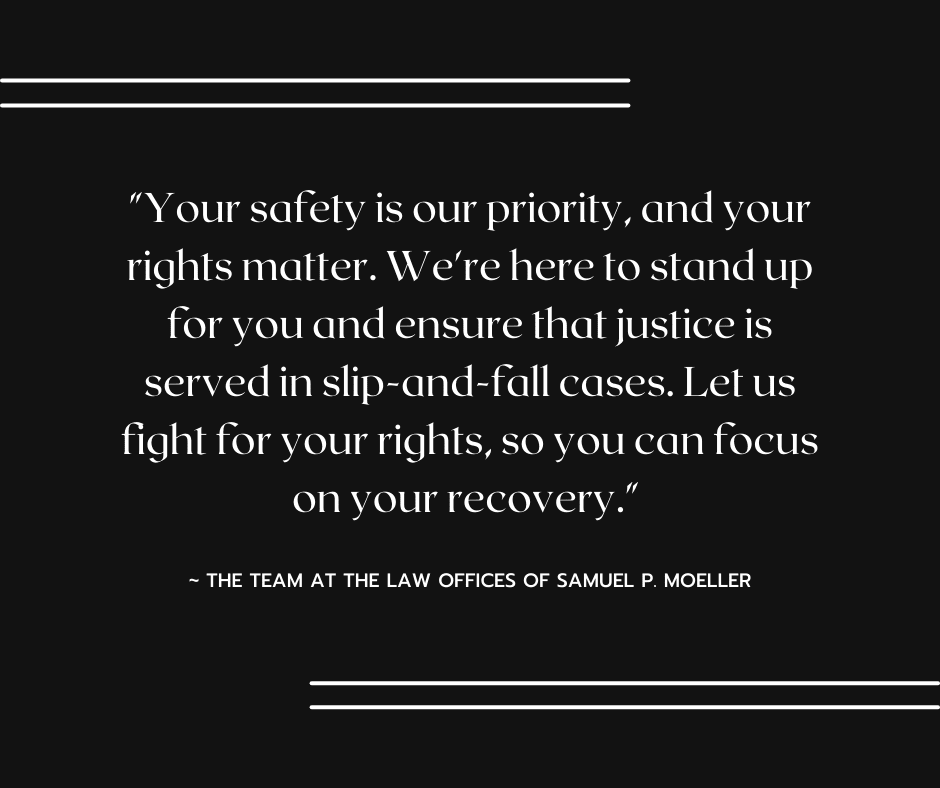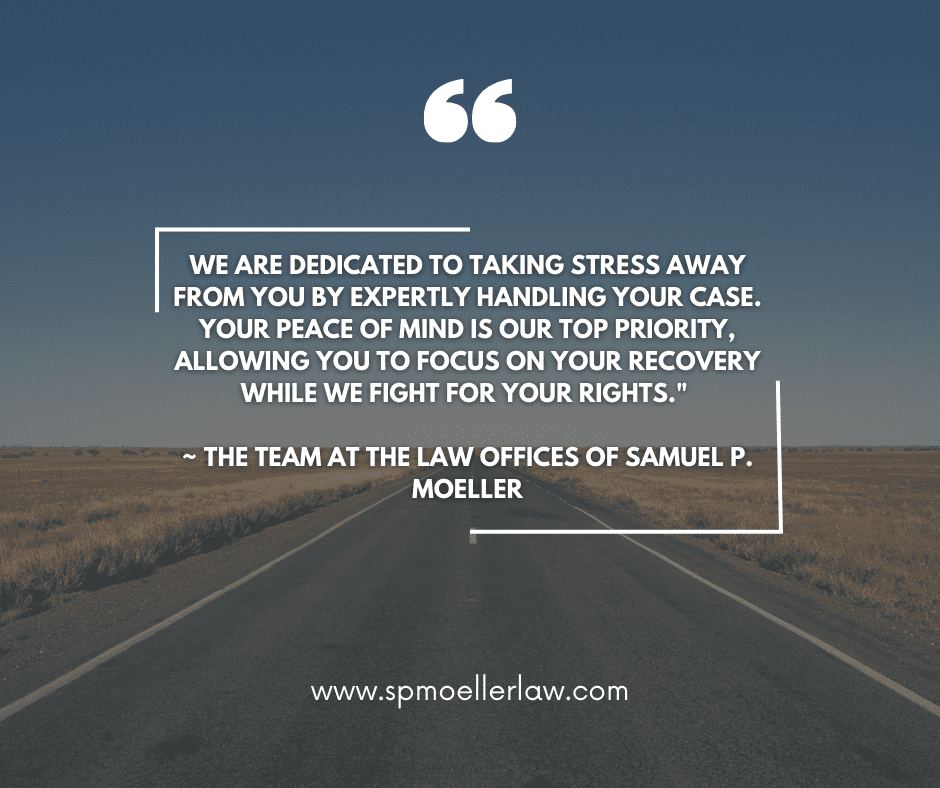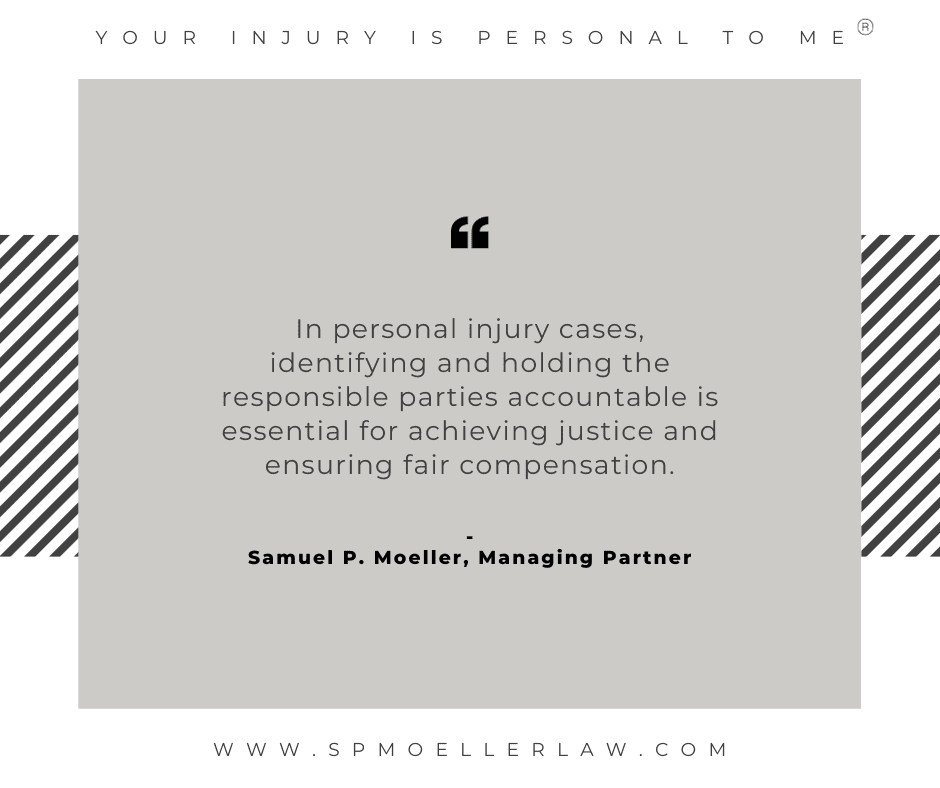When it comes to personal injury cases, understanding the legal intricacies is crucial. One fundamental concept that plays a pivotal role in these cases is the burden of proof. This legal principle serves as the backbone of any litigation, determining which party is responsible for presenting evidence and convincing the court of their case. In this blog post, we’ll delve into the depths of the burden of proof and its significance in personal injury claims.
Defining the Burden of Proof:
The burden of proof is a legal standard that refers to the obligation of a party to prove its allegations or claims in court. In a personal injury case, it is the responsibility of the injured party (plaintiff) to establish the elements of their case and convince the court that the defendant is liable for their injuries.
Preponderance of Evidence:
In personal injury cases, the burden of proof is typically set at the “preponderance of the evidence” standard. This means that the plaintiff must show that it is more likely than not that the defendant’s actions or negligence caused the injuries. It’s not about absolute certainty but about tipping the scales in favor of one party’s argument.
Key Elements in Personal Injury Cases:
To meet the burden of proof in a personal injury case, the plaintiff generally needs to establish the following key elements:
- Duty of Care: The plaintiff must demonstrate that the defendant owed them a duty of care. For example, in a car accident case, drivers owe a duty of care to others on the road.
- Breach of Duty: The plaintiff must prove that the defendant breached the duty of care. This involves showing that the defendant’s actions fell below the standard of care expected in a given situation.
- Causation: It must be established that the defendant’s breach of duty directly caused the injuries sustained by the plaintiff. The plaintiff must connect the defendant’s actions to the harm suffered.
- Damages: Finally, the plaintiff needs to prove the extent of their damages, including physical injuries, medical expenses, lost wages, and other losses resulting from the incident.
Shifting the Burden:
In some cases, the burden of proof may shift between the parties. For instance, after the plaintiff presents a prima facie case, the burden may shift to the defendant to rebut or disprove the plaintiff’s claims. This often occurs when there is a dispute over the facts or when the defendant raises a legal defense.
Understanding the burden of proof is essential for anyone navigating the complex terrain of personal injury litigation. As the scales of justice tilt in favor of the party presenting the most persuasive evidence, a clear understanding of this legal principle empowers both plaintiffs and defendants in their pursuit of justice. If you find yourself embroiled in a personal injury case, seeking professional legal guidance can make all the difference in meeting and overcoming the burden of proof.

[forminator_form id=”169″]



